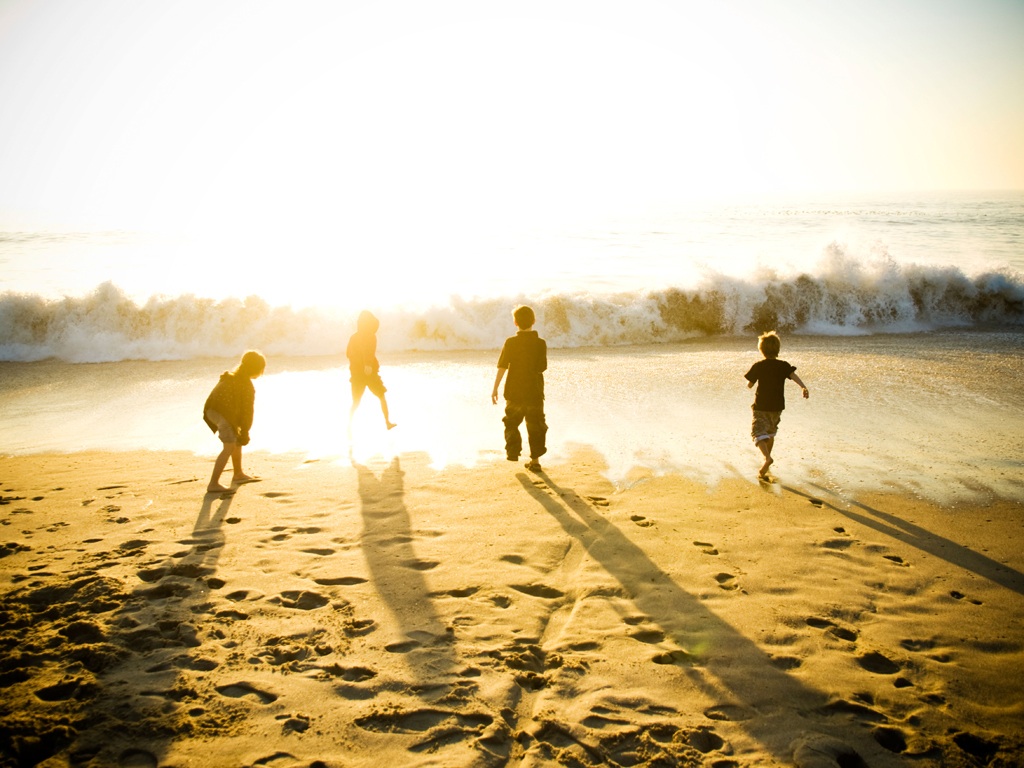
-- By Debbie Dubrow, Condé Nast Traveler

This story originally appeared on Condé Nast Traveler's Website.
As a parent, I take great care about the foods my children eat, and the safety of the products they use. But on a vacation at the beach, it's easy to forget about the invisible bacteria and chemicals in the water that, if they exist in high quantities, can cause stomach flu, colds, and skin rashes.
Here are some steps to check on water quality at the beaches you'll be visiting on vacation:
• Every year the Natural Resources Defense Council publishes a guide to water quality at vacation beaches that gives an excellent state-by-state overview of both water quality issues and frequency of closures for vacation beaches in the US. You can also look at historical information for the most popular beaches.
• The EPA website provides a map based view of current beach closings and links to each state's beach water quality website
• Local municipalities are required by law to test public beaches for water safety, and results are typically posted on a city website, oftentimes alongside information about lifeguards and surf conditions. In some areas, an independent organization provides beach ratings that help make sense of historical data--Heal The Bay's Beach Report Card, for example, rates 650 West Coast beaches.
• One simple but effective source: Google the beach name followed by the words "water quality" or "beach closure" to turn up news stories that might give you a sense of whether this is a generally healthy beach
• Local news can help you understand local conditions and how they impact beach safety. Heavy rains can wash chemicals and bacteria from roadways into the water. Chemical or sewage spills can also impact beach water safety.
• Watch for signs: Beach closures and warnings would typically be posted at the beach, so keep your eyes open, and be sure to heed any warnings regardless of what other beach goers might be doing.
A few more tips:
• Be mindful that sheltered lagoons, a favorite of families with young kids, can often have even higher concentrations of bacteria than the open ocean
• Look for open storm drains, and don't swim near them
• If you're concerned or uncertain about the water quality, you can still enjoy the beach by fishing, wading, or shell collecting.
• Open sores or lesions present a way for bacteria to get in, so regardless of local water testing, you might want to avoid the water if you have an injury
• Teach kids not not swallow beach water (or any water they swim in)
More family vacation ideas and tips:
Tips for a Beach Vacation with Kids
Beach Safety with Kids
Ask Wendy: Where Can I Find Family-Friendly Beach Resorts in Florida?
Foolproof Family Getaways
More from Condé Nast Traveler: